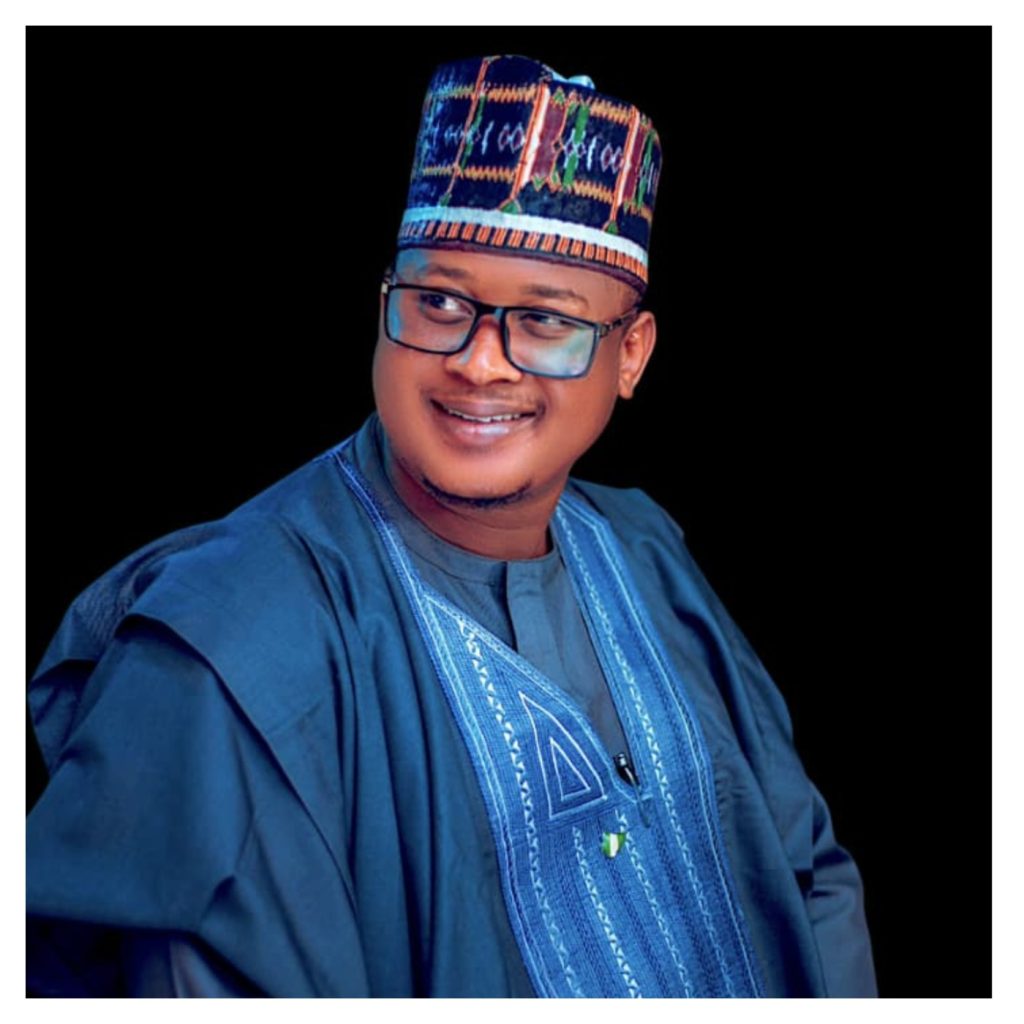The National Board for Technical Education (NBTE) has launched a Higher National Diploma (HND) to a Bachelor’s degree Top Up program, aimed at facilitating the career and academic progression of HND holders. This program is designed to alleviate the challenges faced by HND holders in Nigeria.
In an interview with the News Agency of Nigeria in Kaduna, Prof. Idris Bugaje, the Executive Secretary of the NBTE, emphasized the need to eliminate the dichotomy between HND and Bachelor’s degrees. He believes that HND holders, who represent the finest products of the Polytechnic system, should have the opportunity to pursue higher education, including Master’s and Doctor of Philosophy (PhD) degrees.
Prof. Bugaje highlighted the disparities between Nigeria and other countries, such as Portugal and South Africa, where HND holders can directly pursue a Master’s degree. To address this disparity, the NBTE has proposed a two-year Master’s degree program for HND holders in polytechnics, rather than universities, as the differences in vision and orientation need to be considered.
Efforts were made to collaborate with the National Universities Commission (NUC) on this curriculum, but it did not receive approval. As an alternative, the NBTE introduced the one-year top up program, enabling HND holders to acquire a Bachelor’s degree in addition to their HND qualification. This paves the way for them to pursue a Master’s degree and even a PhD.
Mr. Bugaje expressed disappointment over the current situation where HND holders who have obtained a Post Graduate Diploma (PGD), Master’s, and PhD are still looked down upon when they seek employment within Nigerian universities. He stressed that the NBTE cannot accept this injustice and took the initiative to partner with recognized and accredited foreign universities, particularly in Europe, Asia, and North America, which are highly regarded in university rankings.
With the success of this partnership, the hope is to encourage Nigerian universities to adopt a similar approach. The objective is to ensure that HND holders are not left behind and that they have the same opportunities for professional growth as their counterparts with Bachelor’s degrees.
The top up program involves a process called “credit mapping.” The NBTE has developed software that compares and identifies gaps between the content of HND programs in Nigeria and the corresponding B.Sc. programs in foreign universities. This mapping process determines the specific courses and practical laboratory work required to bridge the gap and obtain a B.Sc. degree.
Participants in the program can expect quality education at a significantly reduced cost, as fees only amount to approximately 10% of what they would have paid for full-time enrollment. The payment is also split into two semesters to ease the financial burden.
Prof. Bugaje hopes that this program will help to eliminate prejudice against HND holders within the Nigerian system. He believes that such bias is a remnant of colonialism and is detrimental to the country’s development. Encouraging Nigerian universities to embrace this program would not only level the playing field but also foster progress and innovation.
NAN



